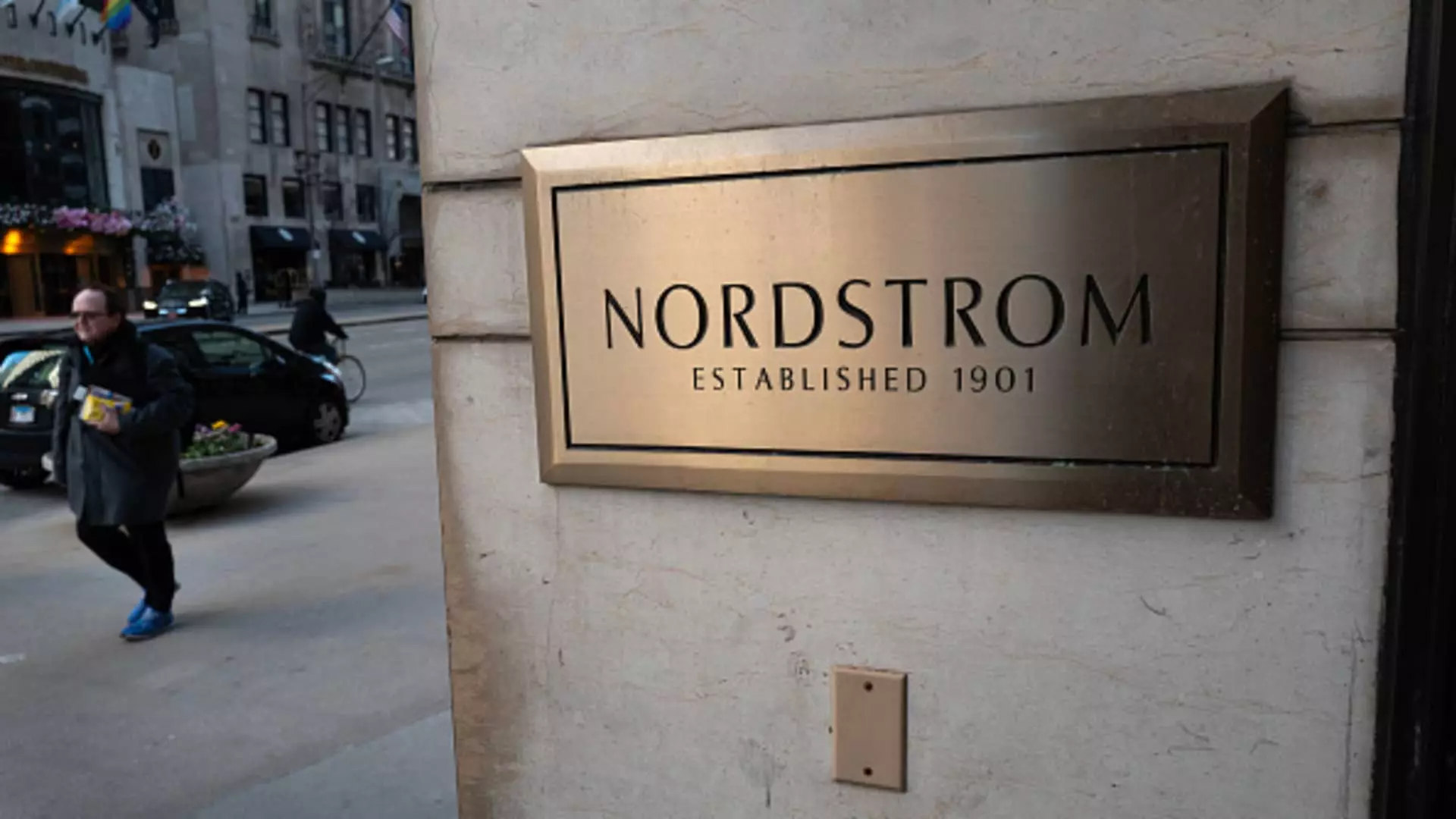In a significant maneuver this week, Nordstrom has entered into a buyout deal valued at approximately $6.25 billion, ultimately marking its transition into private ownership. This agreement involves Nordstrom’s founding family taking the lead with a majority stake of 50.1%, while El Puerto de Liverpool, a prominent Mexican department store chain, retains a 49.9% share. The unanimous consent of the company’s board of directors underscores a solid commitment to this strategic shift, which is anticipated to finalize in the first half of 2025. In practical terms, existing shareholders will cash out at $24.25 per share, adding an immediate financial incentive for stakeholders to support this change.
Nordstrom’s CEO, Erik Nordstrom, welcomed the transaction as a pivotal moment in the company’s history. He emphasized a commitment to its foundational principles focused on customer satisfaction and quality service. By reverting to a private company structure, the Nordstrom family aims to steer the brand unencumbered by the pressures of public-market expectations. This offers a unique chance for the company to innovate and adapt its strategy without the constant scrutiny that accompanies publicly-traded entities. It’s a strategic choice that could allow Nordstrom to adjust its business model more fluidly in response to market trends or shifts in consumer behavior over time.
This isn’t the first attempt by Nordstrom to transition away from the public eye. The former efforts in 2018 garnered interest but ultimately dissipated, illustrating the delicate balance of executing such a significant strategic shift. The recent buyout proposal, initially valuing the company at $3.76 billion with a share offer of $23, highlights a reevaluation of worth as market conditions evolved. Notably, the stock prices of Nordstrom experienced fluctuations, indicating investor uncertainty, especially against a backdrop of changing consumer spending patterns.
Market Conditions and Consumer Behavior
The decision to go private emerges amid turbulence within the luxury retail segment. Notably, increasing reports from retailers like Walmart and Target have indicated that consumers are prioritizing essential items over discretionary spending, a trend that appears to impact Nordstrom significantly. Despite better-than-expected sales performance reported in November, the brand recognized a potentially tepid holiday season which prompted a cautious sales forecast. The shifting landscape indicates that even established brands like Nordstrom must adapt to evolving consumer priorities and economic realities.
In the grand scheme of things, Nordstrom’s transition to private ownership is emblematic of a broader evolution within the retail sector. While the secured majority stake enables the Nordstrom family to reclaim control and vision over the company, its future success will rely on agility and responsiveness to market dynamics. This strategic maneuver may just enable Nordstrom to capitalize on its longstanding heritage while navigating the complexities of contemporary consumer preferences. As it embarks on this new chapter, the focus will undoubtedly remain not just on survival, but on finding renewed vitality in a challenging economic environment.


Leave a Reply